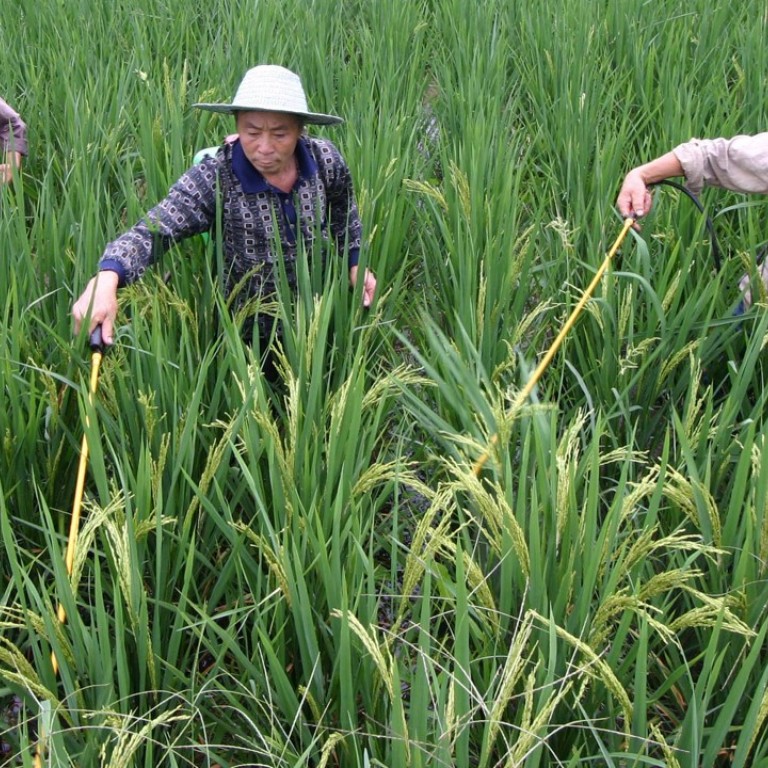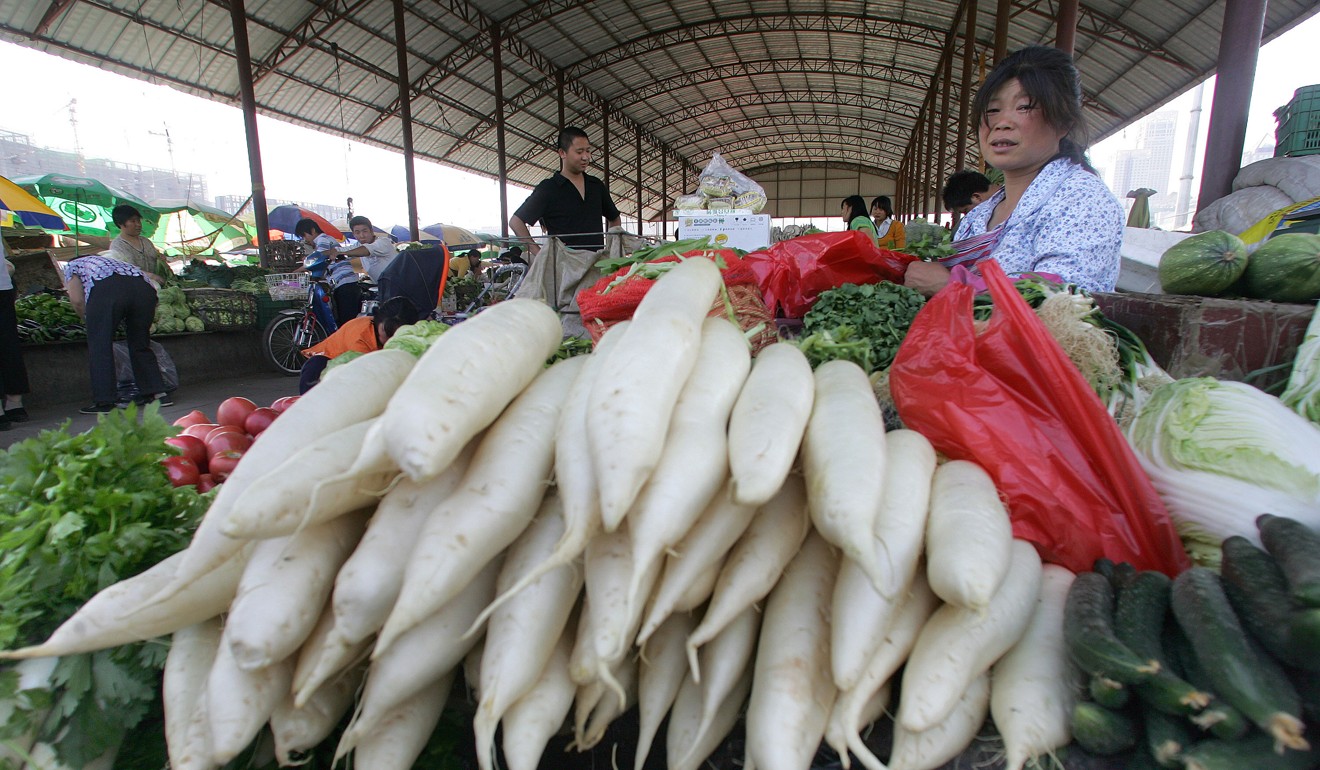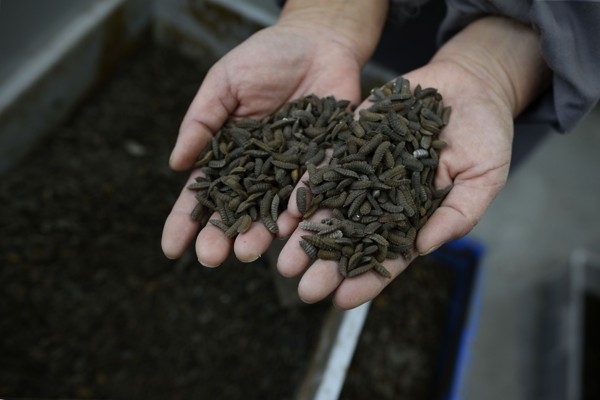
China’s largest fertiliser maker Sinofert sells stake in key production asset to parent to fund major restructure
Shares hit after market leader reveals US$1.21b sale of 20.5pc stake in Shenzhen-listed potassium fertiliser maker Qinghai Salt Lake
The company, owned by state-run chemicals-to-financial services conglomerate Sinochem, has been studying various ways of modernising China’s agricultural industry – everything from diversifying planting methods to providing better financing for the industry.
Sinofert will now sell its 20.5 per cent stake in Shenzhen-listed potassium fertiliser maker Qinghai Salt Lake Industry, it said in a filing to Hong Kong’s stock exchange late on Tuesday, adding Sinochem’s offer is the only one on the table.
“Although Qinghai Salt Lake was an important potassium chloride asset for subsidiary Sinochem Fertilizer, under its global resource strategy, [the latter has] adjusted its plans,” the Sinofert statement said.

“The capital released can be used to implement a strategic transformation of the group’s business model.”
It plans to use 4 billion yuan of the proceeds to repay loans and use the rest to fund “future strategic development and normal business operations”.
Sinofert accumulated the stake in Qinghai Salt Lake stake – the nation’s largest potassium salt producer and resource owner – between 2007 and 2014 when the resource was in short supply domestically and prices were high.
But a subsequent downturn in the entire fertiliser industry, on the back of an oversupply and weak demand, caused Qinghai Salt Lake’s net profit to plunge 57 per cent to 559 million yuan in 2015, and then it slid into a net loss of 124 million yuan last year.
The Qinghai Salt Lake stake was valued at 7.99 billion yuan on Sinofert’s books at the end of September this year, or 37 per cent of its total asset value.

Sinofert said it expects to book a loss of 630 million yuan from the disposal of the stake in Qinghai Salt Lake, which is 27 per cent owned by Guangdong provincial government.
Despite returning to the black with a net profit of 13 million yuan in the first half of this years, after total 4.6 billion yuan loss last year and profit of 221 million yuan in 2015, Sinofert said in its interim results statement in August that the fertiliser industry remained challenging.
It blamed a “continuous adjustment” of the country’s agricultural industry structure and the Beijing government’s implementation of a “zero growth” policy on the use of chemical fertilisers until 2020 which have seen caps in its use to below one per cent between 2015 and 2019, in an effort to reduce the oversupply in the market.
Sinofert shares Wednesday closed 10.3 per cent lower at HK$1.48, after rallying as much as 68 per cent in the past two months.

